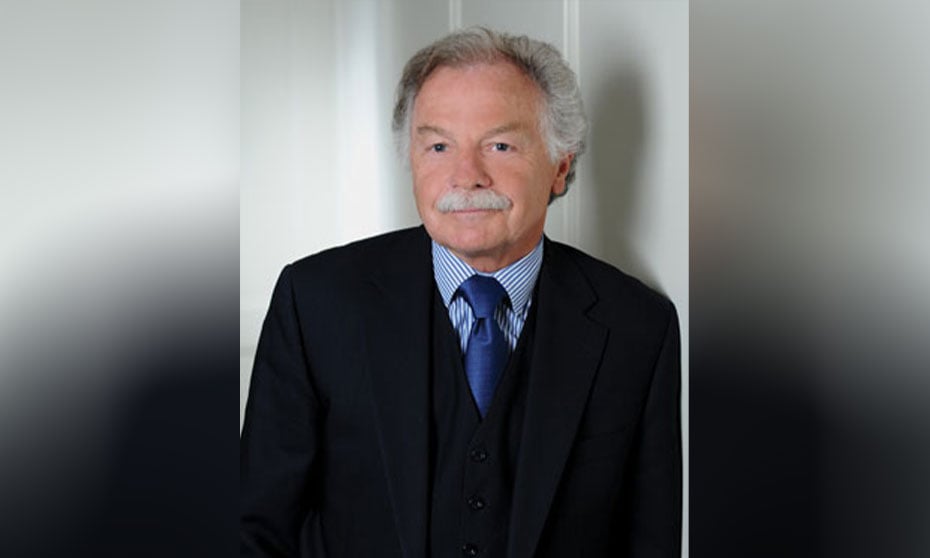
Nesker essentially acted as a banker without providing legal services

The Law Society Tribunal has allowed veteran Toronto lawyer Jerry Nesker to surrender his license after using his trust account to permit transfers of $150 million from abroad for purposes unrelated to the practice of law.
“The case is a useful reminder that lawyers can be disciplined not only for misappropriating funds in their trust accounts but also for misapplying funds or for allowing their trust accounts to be used for purposes other than their law practices,” says Gavin MacKenzie, a former LSO treasurer who practices at MacKenzie Barristers Professional Corporation, a Toronto litigation boutique.
The case is also a lesson that good intentions do not good practice make.
“The fact that my client was allowed to resign reflects his belief that he was only helping his client and didn’t intend to do anything wrong,” says Bill Trudell of William Trudell Professional Corporation in Toronto. “This is not a case of wrongful misappropriation, where the presumptive punishment is revocation.”
In allowing Nesker, 75, to surrender his license, the tribunal accepted a joint submission based on an agreed statement of facts.
In 2016, after major Canadian banks decided to terminate their relationships with a money services business belonging to one of his long-time clients, Nesker agreed to receive overseas funds into his trust account and pass them on to his client. With the full acquiescence of his client, Nesker charged a significant fee for the use of the account.
Nesker created a structure for the transactions by drafting documents indicating that they were loans, lines of credit or joint retainers between the parties. However, there were no instructions to that effect. He also entered retainers with foreign entities without fulfilling client identification obligations or making efforts the determine the retainers’ purposes.
Although Nesker “created a role for himself as legal counsel in an attempt to legitimize the use of his trust account,” his only functions were receiving advice that funds were being wired and delivering the funds to the clients.
“Rather than providing legal services in support of these transfers, Mr. Nesker essentially acted as the banker to facilitate the transactions,” the tribunal stated.
The upshot was that Nesker’s client could bypass Canadian banks’ refusals to receive overseas money through a Canadian account. Although Nesker intended to use the trust account as a short-term measure, more than $150 million flowed through the account in 200 transfers between February 2016 and September 2018 for purposes unrelated to the practice of law.
Nesker’s conduct, the tribunal noted, created significant risks.
“Though it did not occur in this case, a lawyer who permits a client or other third party to use their trust account as a bank account runs the real risk of having their account used for illegal purposes, including to facilitate money laundering or fraud.”
The tribunal concluded that allowing Nesker to surrender his license was not contrary to the public interest. This penalty recognized the seriousness of his misconduct while considering mitigating factors.
“Mr. Nesker has practised law for close to 50 years and has no discipline history. In addition to his legal career, he has a significant record of community service on behalf of various charitable organizations. In the course of the current disciplinary proceedings, and with the assistance of counsel, he co-operated with the Law Society and significantly shortened the hearing by agreeing to the facts and admitting his misconduct. In a written statement filed at the hearing, he accepted that his legal career is at an end, indicated his regret and embarrassment for his conduct and expressed the hope that others would learn from his example.”
Nesker also suffered from longstanding medical issues. Although they did not explain or excuse his misconduct, it was clear that Nesker’s physical and psychological health had deteriorated to the point that he could no longer cope with his professional duties.
“I feel very sad for Mr. Nesker,” Trudell says. “But the lesson for lawyers is that they have to be very, very careful and vigilant about how they use their trust accounts, even if the goal is to help someone out.”